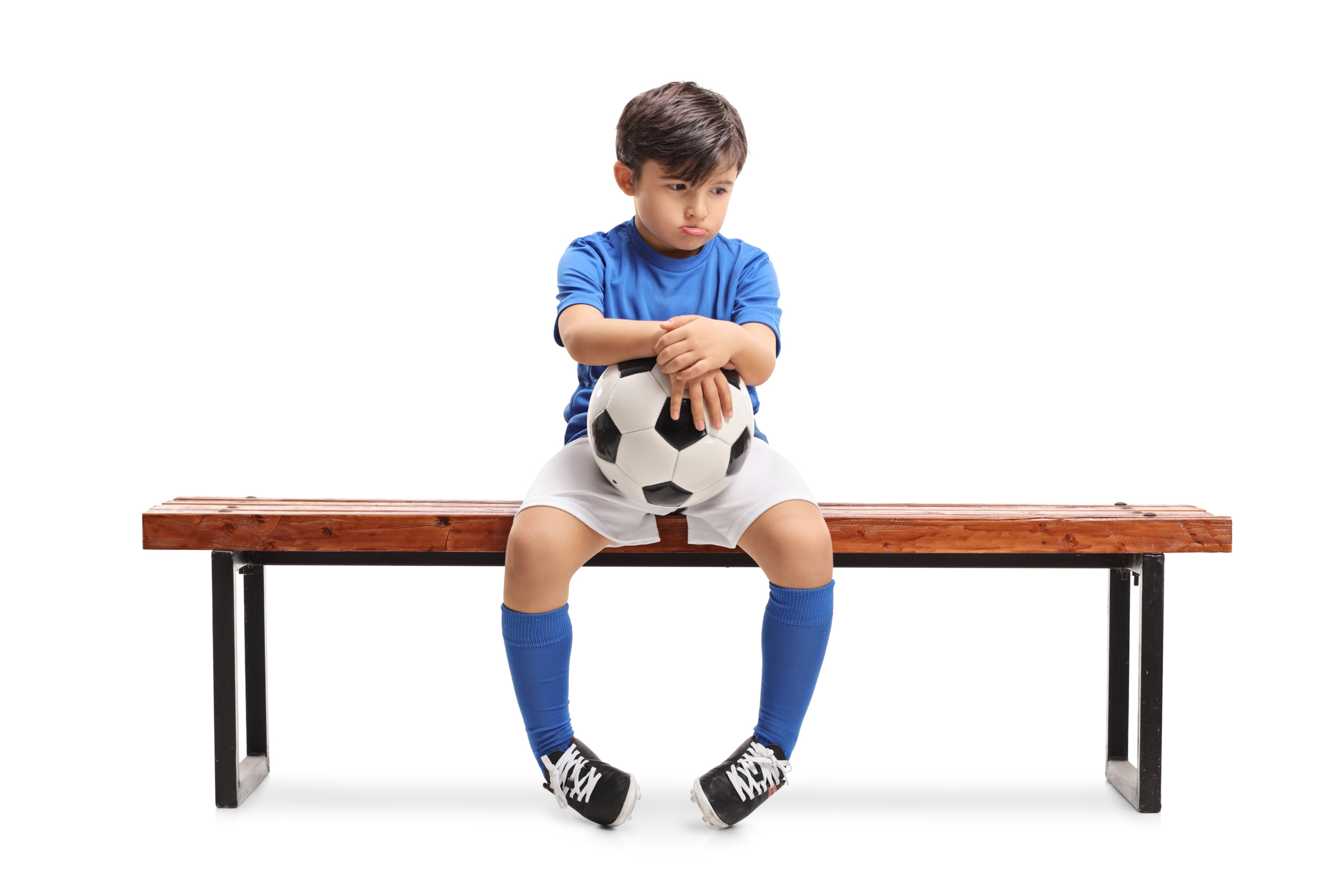
You know the song "Greatest Love of All" that the late Whitney Houston sang so incredibly well? It goes: "I believe the children are our future/ Teach them well and let them lead the way/ Show them all the beauty they possess inside/ Give them a sense of pride to make it easier…" Those lyrics right there should be memorized by every parent because they are so true. Teaching children self-love is where it's at if we want to raise children who grow up to be confident and strong adults.
More from MamásLatinas: Books every woman should read for happiness & empowerment
And let's not fool ourselves into thinking that children will learn self-love on their own, because that's just not how it works. Children need us to show them what self-love looks like. Think about it: If you constantly put yourself down when you look in the mirror and say mean things about yourself in front of your kids, what do you think they are learning? They are learning to pick themselves apart just like you do. Here's the thing, it is possible to teach your children and yourself self-love at the same time. How? Keep reading for tips.
Get your daily dose of mom tips in Spanish by listening to our podcast Mamá Dice. Each episode contains practical advice focused on positive and healthy parenting. Listen to Mamá Dice on your favorite podcast platform.
Model behavior for your kids.

Let's go back to that negative self-talk when you look in the mirror. If you are guilty of that kind of behavior. Stop! From now on, whenever you look in the mirror, smile at yourself even if your kids aren't around to see it. Smile at yourself and don't allow yourself to say anything negative about yourself out loud. If you're thinking negative thoughts, replace them with a compliment. Yes, as in give yourself a compliment.
Talk to your kids about all the things that make them wonderful.

Tell them about how great their bodies are and how those bodies work so hard for them. Tell them about their wonderful brains and how those brains will help them learn so many great things. If they are funny, celebrate their humor. Let them know you think they are great and why; don't assume they know.
Get in the picture!

Let yourself be in pictures. Too often, moms are the photographers of the family, but never actually appear in photos themselves using excuses like, "Oh, I look awful right now." Don't do that! Get in pictures with your kids. When they are older, they will love having photos of you.
Eat fruits and vegetables.

If you want your kids to eat fruits and vegetables because they are nutritious, then guess what? You need to eat them, too. You don't have to go on and on about how good they are for your health, but your kids should understand why they are such great fuel for your body. Seeing you eat them regularly helps them understand that it's not a punishment when you put them on their plate.
Have them help you cook.

Cooking together is a great way to teach children how to eat foods that are good for them. It's also a great way to bond and pass down recipes from your culture. It's surprising how many adults don't know how to cook simple meals nowadays and rely on takeout or prepared foods.
If they say they are full, listen.

Don't make them lifelong members of the clean plate club. Kids are actually really good at noticing when they are full. If they tell you that they are full, don't force them to keep eating until their plates are empty.
Give them the space to talk about their emotions.

Children have feelings that they may not be able to express or even fully understand. If you notice your child is feeling some kind of way, take the time to help them explore what they are feeling and why. Maybe they are mad at a friend who did something. You can help them come up with a plan to discuss the situation with the friend.
Tell them about your emotions.

If you're in a mood, tell them. Let's say you are feeling sad because someone died, let them know. It doesn't make you weak and it helps them understand that your sadness is natural and has nothing to do with them. It also reinforces the concept that they should recognize and talk about their own emotions.
Make exercise a joyful experience.

Exercising and taking care of your body and mind is a very big part of self-love, so treat it like it is a joyful thing. For example, if you hate running, then maybe don't run. If you like to dance, then dance as a form of exercise. In other words, exercise in a way that you love and let your children see that exercise can and should be fun.
Let them dream big.

Do not be a dream crusher! If your child says they want to grow up to be a brain surgeon and you just don't think that's ever going to happen, just shush! Who the heck are you to say your kid can't do that? Instead, encourage them to take some science classes and explore their interests. If they don't become a brain surgeon, that's fine.
Encourage them to try new things.

Trying new things is a great way to build self-confidence and understand that you're not always going to be great at something right away or maybe ever, but it's still wonderful to try something new. We all need to push past our comfort zones throughout life.
Let them know that it’s OK to fail.

When your children succeed at something, congratulate them. When they fail at something, let them know that failure happens and it's OK. Explain to them that even the greats fail on their road to success.
Teach them that their worth has nothing to do with possessions.

We live in a materialistic world where designer clothing and fancy cars are seen as status symbols, but the clothes a person wears or the car a person drives doesn't make her worthier. Teach your children that we are all born worthy and that their worth has nothing to do with what they can or can't afford.
Teach them about their history.

Let's be real: We still have a long way to go when it comes to teaching history in an inclusive way, which means that as parents it's up to us to teach our children about their cultural history because they may not learn it in school. Teach your children about their heritage so they can take pride in that heritage.
Have age-appropriate conversations about racism and discrimination.

We're also a long way from living in a world without racism and discrimination. Find ways to discuss these topics with your kids in an age-appropriate way so that if they ever face instances of racism or discrimination, they have a frame of reference to understand what is happening and how to fight against it.

